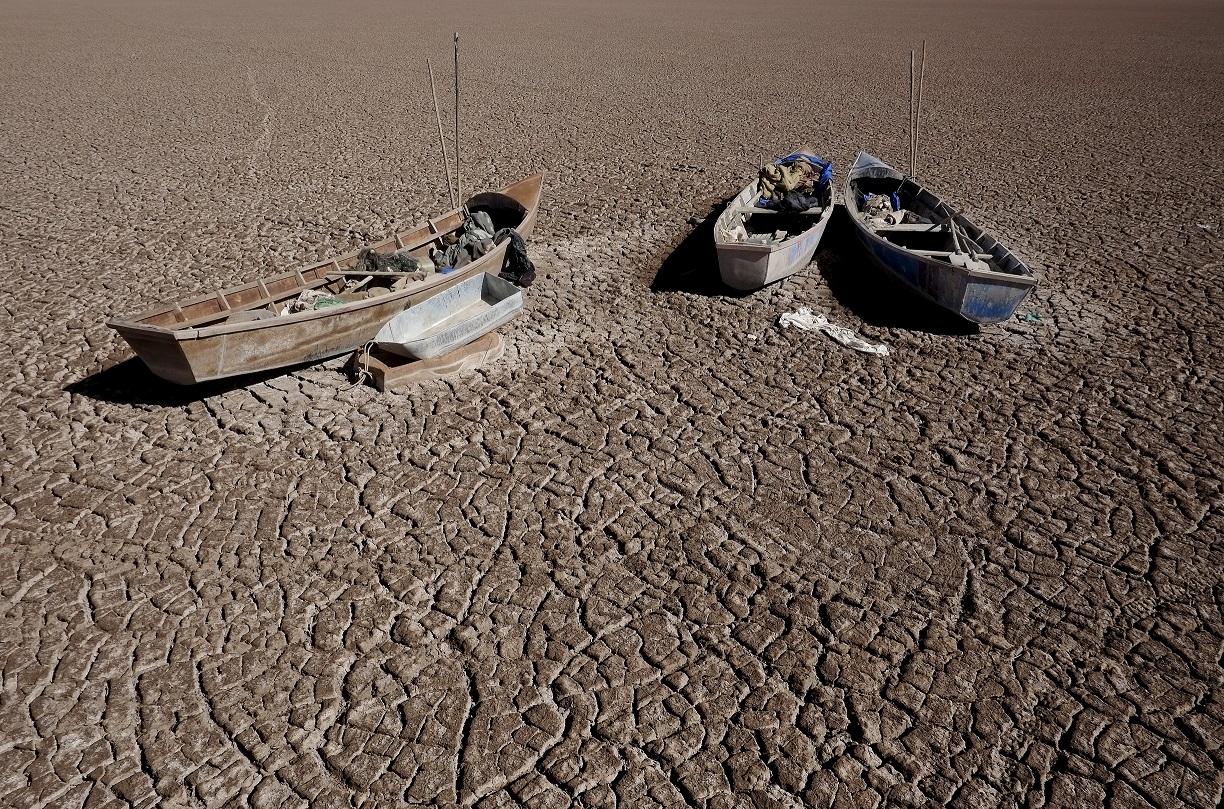At the Earth regeneration capacity threshold
22 de Agosto de 2020
Today is Earth Overshoot Day, the equivalent of the gender gap in women economic rights. Today marks the date when we have consumed all the resources that could be regenerated by our planet for 2020 and, by the end of the year, we will have used the goods and services of 1.6 planets Earth.
As well, for all Earth surface temperature records, 2020 will most likely be either the warmest or second warmest on record. Copernicus and NASA will very likely have 2020 as the warmest year on record, while NOAA records suggest at this point that it is equally likely to be the warmest or second warmest.
A number of extreme heat events characterised the first six months of 2020; Australia saw record heat, while Siberia has experienced staggering heat for much of the first six months of the year, with northern Siberia around 7°C warmer than the preindustrial period. Arctic sea ice has also been at record low levels for most of the month of July. While it is too early to know for sure where the summer minimum will end up, 2020 will likely see one of the lowest Arctic sea ice extents on record.
According to scientists, this level of extreme heat would have been almost impossible in the absence of human-caused global warming. We, humans, have unlimited needs, but the planet has limited capacity to satisfy them and we, humans, know what happens in any community when resources are scarce, even from a security point of view. COVID-19 can be a driver for social change and move our production and consumption patterns towards more sustainable practices.
"With the European Green Deal, the EU want to build a more sustainable Europe that gives back to the planet more than it takes, " stated the Commission.